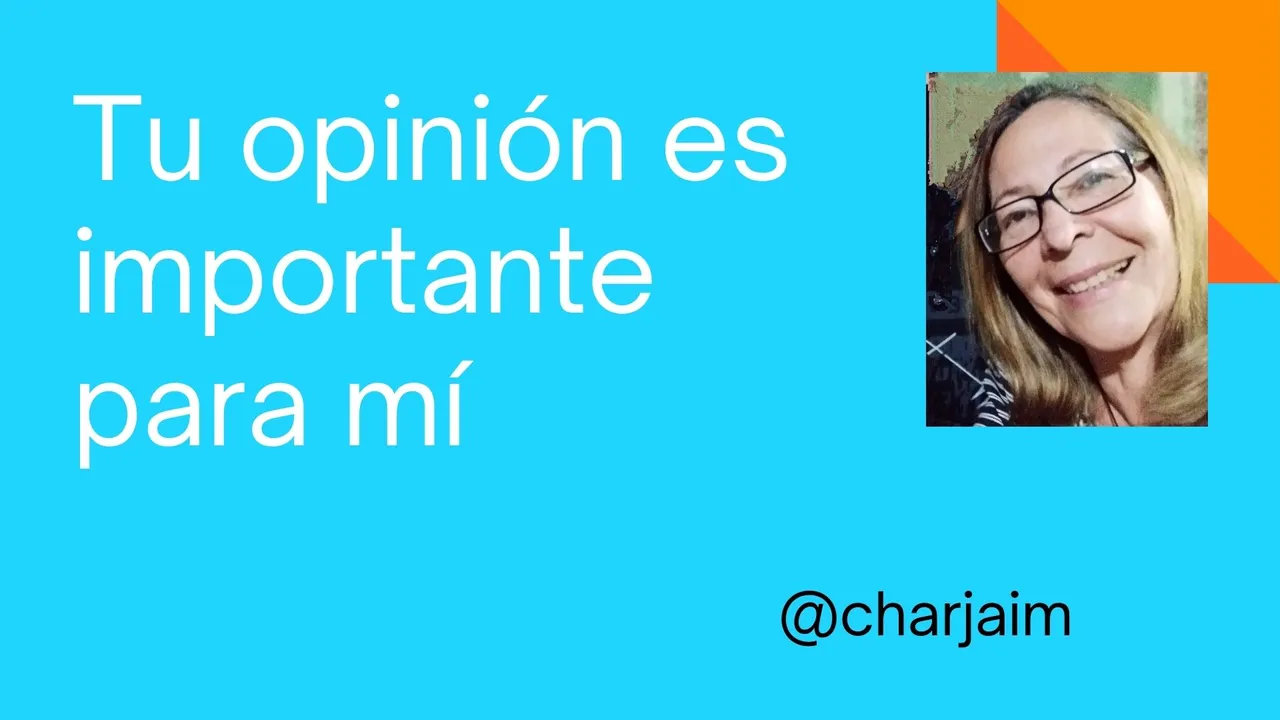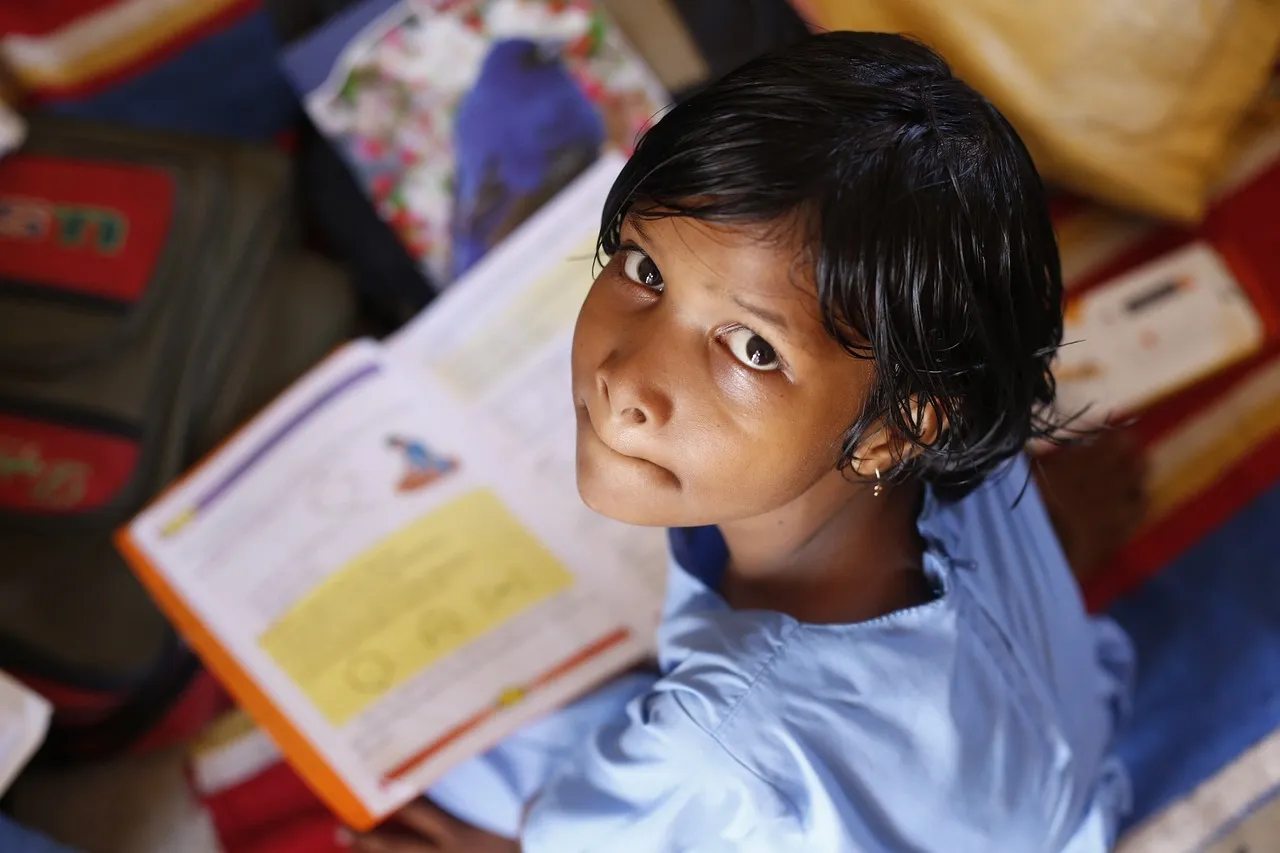No es la primera vez que escribo acerca de las palabras, ellas pueden hundir o levantar, dependiendo del contenido que lleven implícito. Una palabra dura, en general, puede ser una piedra o un cuchillo, quemar como un ácido y doler mucho más que un golpe físico.
Debería ser norma de vida cuidar cada una de las palabras que expresamos, tanto si están dirigidas a nosotros mismos, como si salen para otro. Tratarnos y tratar con compasión debería ser la regla. Bien lo expresa Miguel Ruiz en sus cuatro acuerdos donde recomienda «la palabra impecable».
Pero la realidad es que esto no es lo que suele ocurrir: niños, jóvenes y adultos están inmersos en situaciones donde la acción verbal es contundente y genera conflictos. ¿Qué decir de los medios? Haga usted una pregunta en un foro de educadores, en una red social, con alguna inquietud, y recibirá más de una respuesta con palabras agresivas. No son todos, pero los hay, y quien va a dirigirse al grupo, primero pide respeto y consideración para luego preguntar.
Coloco este ejemplo porque esto muestra la actitud de algunos docentes y estos están en escuelas donde su trato es igual de agresivo, no escribo sin base, es el clamor general: «tal maestra grita mucho», «no me gusta ese docente porque trata mal a los niños». Esto no es nuevo, yo misma conocí algunos sin pedagogía y de mal carácter.
Si nos vamos a los hogares, en muchos, el trato de los adultos a los niños va cargado de obscenidades y maltrato físico. Una sociedad con estas características promueve el bullying;muchos se acostumbran a esta forma de relación que se expande también a los niños que presentan alguna condición.
Es importante entonces, cuando en estas redes de creación de contenido, surgen temáticas como la que nos presenta @parauri en este post donde nos lleva a revisar esas palabras inclusivas que pueden generar algún tipo de confusión o generalizar comportamientos de irresponsabilidad.
Recuerdo una niña que se decía a sí misma «bruta» porque eso le habían hecho creer. Es necesario recordar que todo lo que le digamos a los niños lo van a tomar como su verdad. Lo expresa Alex Rovira en su libro La Brújula Interior, las creencias incorporadas antes de los cuatro años se perpetúan, a menos que hagamos conciencia en ellas en algún momento. Podríamos hacerle ver a cada niño lo importante que es, su valor como ser único, y decirle esas palabras llenas de amor que generen confianza y autoestima.
Un ejercicio sería revisar estas expresiones: «tenías que ser tú», «todo el tiempo se te caen las cosas», «siempre se te olvida», «nunca haces nada bueno», «yo sabía que ibas a fallar en eso» y tantas otras que llevan un mensaje aniquilador de la autoestima.
No será fácil estar atento a cada palabra, que se diga, dentro de la dinámica de vida que se lleva, pero entender la responsabilidad en la formación del individuo que cada padre o representante tiene debería ayudar a que se reflexione acerca de esto. Siempre se puede cambiar.
Gracias por tu amable lectura
Mi contenido es original
Imágenes de Pixabay con su respectiva fuente.
He utilizado el traductor DeepL.

This is not the first time I have written about words, they can sink or lift, depending on the content implicit in them. A hard word, in general, can be a stone or a knife, burn like acid and hurt much more than a physical blow.
It should be a rule of life to take care of every single word we express, whether they are addressed to ourselves or to someone else. Treating ourselves and others with compassion should be the rule. Miguel Ruiz expresses it well in his four agreements where he recommends "the impeccable word".
But the reality is that this is not what usually happens: children, young people and adults are immersed in situations where verbal action is forceful and generates conflicts. What can we say about the media? Ask a question in a forum of educators, in a social network, with some concern, and you will receive more than one answer with aggressive words. They are not all, but there are some, and those who are going to address the group, first ask for respect and consideration and then ask.
I place this example because this shows the attitude of some teachers and these are in schools where their treatment is equally aggressive, I do not write without basis, it is the general clamor: "such a teacher shouts a lot", "I do not like that teacher because he treats the children badly". This is not new, I myself have met some teachers without pedagogy and with bad character.
If we go home, in many homes, the treatment of children by adults is loaded with obscenities and physical abuse. A society with these characteristics promotes bullying; many become accustomed to this form of relationship that also expands to children who present some condition.
It is important then, when in these content creation networks, issues arise such as the one presented by @parauri in this post where it leads us to review those inclusive words that can generate some kind of confusion or generalize irresponsible behaviors.
I remember a little girl who called herself "brute" because that is what she had been led to believe. It is necessary to remember that everything we say to children will be taken as their truth. As Alex Rovira says in his book The Inner Compass, beliefs incorporated before the age of four are perpetuated unless we become aware of them at some point. We could make each child see how important he or she is, his or her value as a unique being, and say those words full of love that generate confidence and self-esteem.
An exercise would be to review these expressions: "you had to be you", "you drop things all the time", "you always forget", "you never do anything good", "I knew you were going to fail at that" and so many others that carry an annihilating message of self-esteem.
It will not be easy to be attentive to every word, which is said, within the dynamics of life that one leads, but understanding the responsibility in the formation of the individual that each parent or representative has should help to reflect on this. It can always be changed.
Thank you for your kind reading
My content is original
Images from Pixabay with their respective source.
I have used the translator DeepL.



